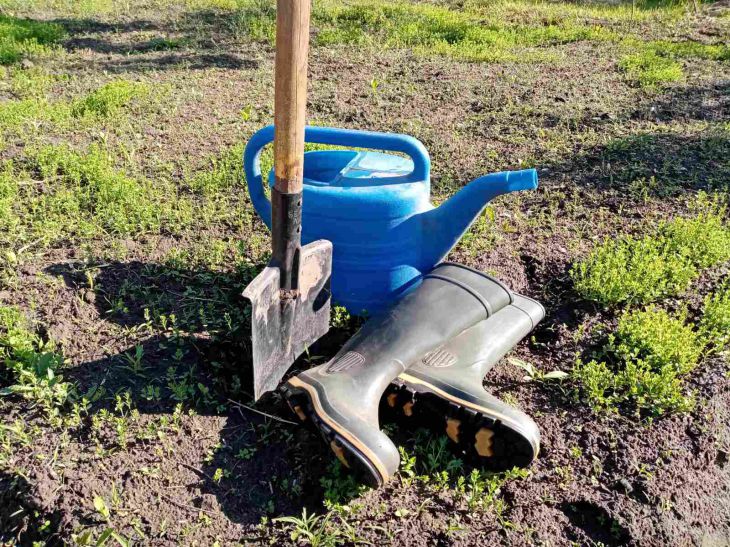Where do slugs come from in the garden: often summer residents themselves are to blame
Pest control becomes easier if you learn what they like and what conditions encourage them to reproduce.
For example, slugs. These parasites lay eggs for the winter, and in the spring the grown young ones begin to actively reproduce. These are the conditions they prefer.
Adults are quite vulnerable and afraid of the cold. But eggs, if laid in autumn, can withstand even severe frosts.
Considering the peculiarity of the pest's body structure, we consider a comfortable air temperature for them to be 15 degrees Celsius.
At the same time, the air humidity should be high.

It follows from this that the peak of pest activity occurs at night or during the day, but only after rain.
Why are there a lot of slugs on the site
1. The weather can "help" here. If the spring was warm and wet, and it was replaced by a rainy summer, warm autumn and mild winter, then there can be a lot of slugs at the dacha in the spring.
2. The second reason is waterlogged soil or close groundwater levels.
The same consequences await the gardener in beds where the plantings are very dense and the weeds are rarely pulled out.
3. In the garden, pests can become active if fallen leaves and fruits are not removed in the fall. These are excellent conditions for comfortable wintering of slugs.
